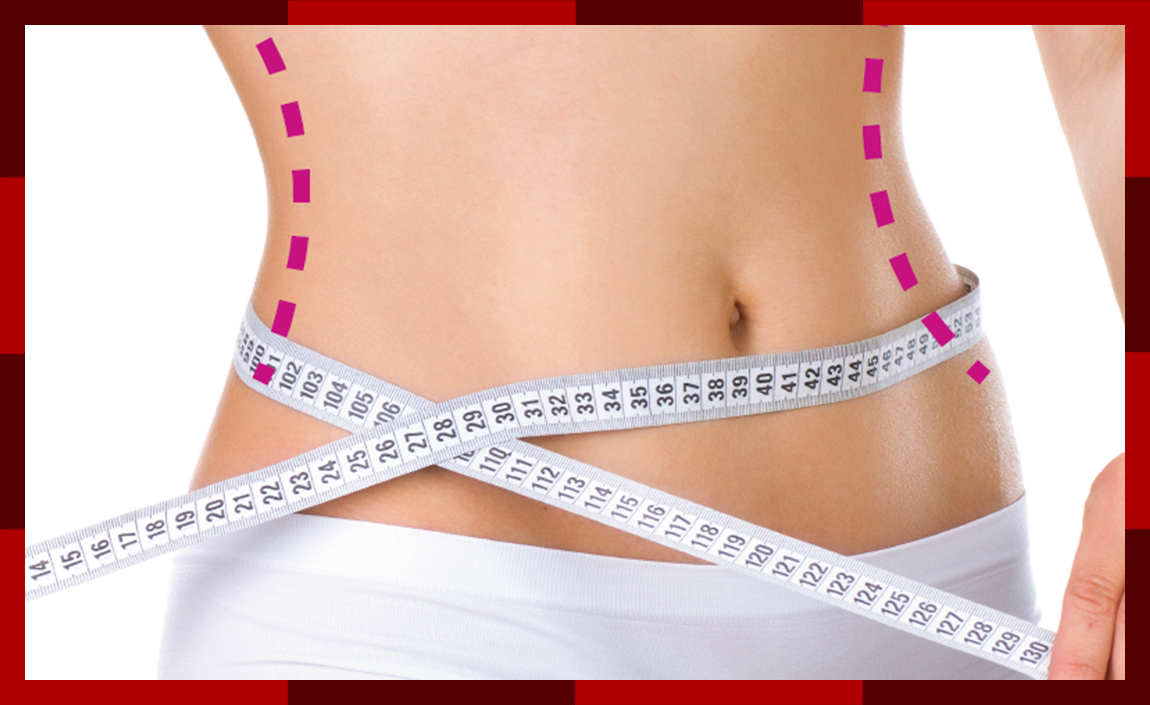What is root canal treatment?
This is one of the most common procedures for treating the dental pulp in moderate to severe cases of tooth decay. The infected tooth is cleaned and when the decay is removed and the dental pulp is filled with Gutta percha material, the tooth is sealed and a crown is placed covering the tooth structure.
An Endodontist performs a variety of procedures as follows:
- Endodontic Therapy (Root canal Therapy)
- Endodontic Retreatment
- Treating cracked teeth
- Dental trauma
When is Endodontic treatment required?
Root canal treatment is needed for a cracked tooth from injury. A deep cavity, issues from previous filling. The symptoms of a root canal include sensitivity of teeth on consuming hot or cold.
Why would you Need Endodontic Surgery?
- Severe pain while chewing or biting
- Pimples on gums
- A chipped or cracked tooth.
- Lingering sensitivity to hot or cold
- Swollen or tender gums
- Deep decay
Why Kaesthetics for Endodontics?
- Kaesthetics is one of the top cosmetic surgery clinics in India, located in Indiranagar, Bangalore, offering you surgical and nonsurgical aesthetic dentistry services.
- By focusing the practice on specific dental procedures such as root canal treatment, traumatic teeth treatment, Kaesthetics are experts at managing a wide array of complex endodontic problems efficiently.
- Cutting-edge technologies and specialized techniques used by dental surgeons give them a very accurate view of the inside and allow them to treat the issues quickly and comfortably.
- We have a robust patient support system to help you the best.
If you want to know more about root canals and other dental procedures, visit the Kaesthetic page, and click the contact us page to schedule your one-on-one consultation with our expert dentist.
Or, you can call us at +91 8042036382, +91 9108969006, or +91 7624809006 to schedule your appointment.









